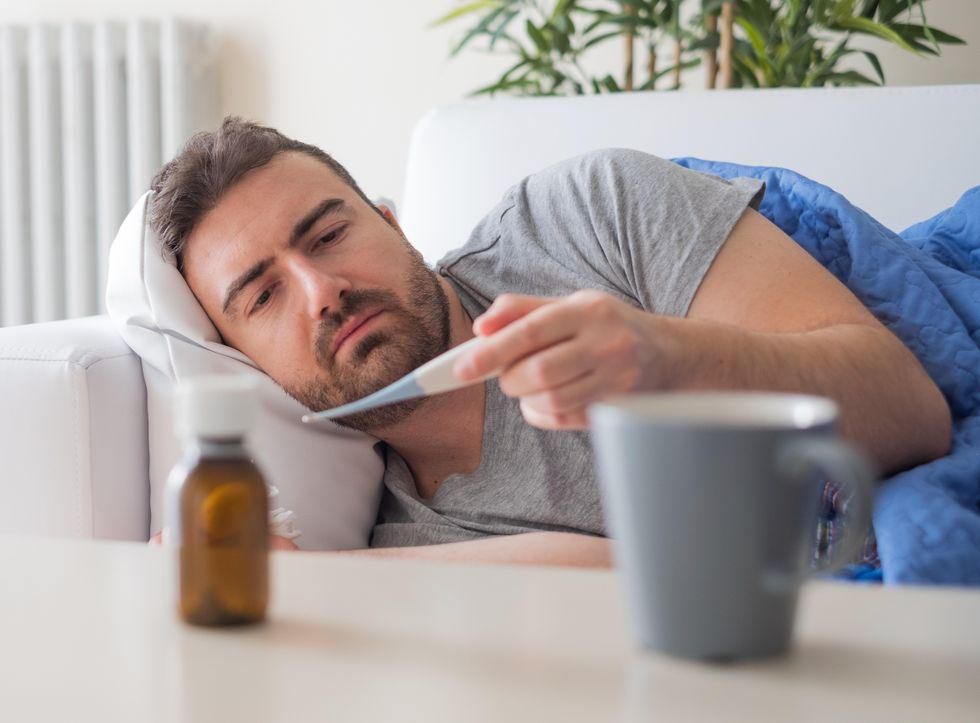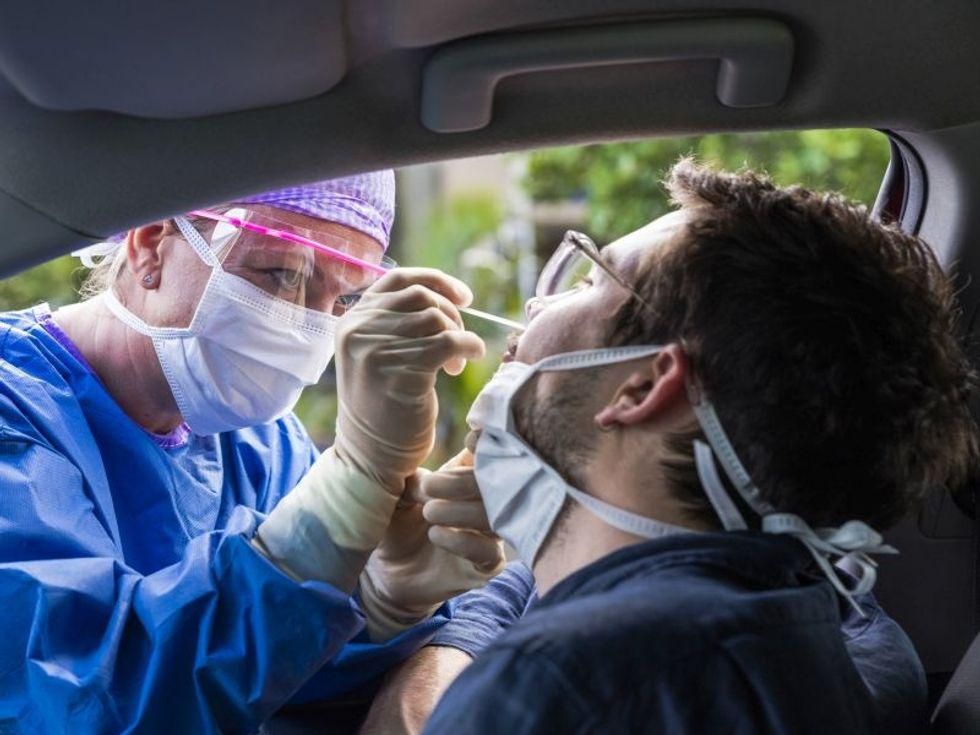
Do you have an implanted defibrillator or pacemaker? Try keeping your smart watch or smart phone a few inches away from them. New research from the U.S. Food and Drug Administration finds that your phone or watch could interfere with implanted heart devices. Based on the new findings, heart patients and health care providers should… read on > read on >






























